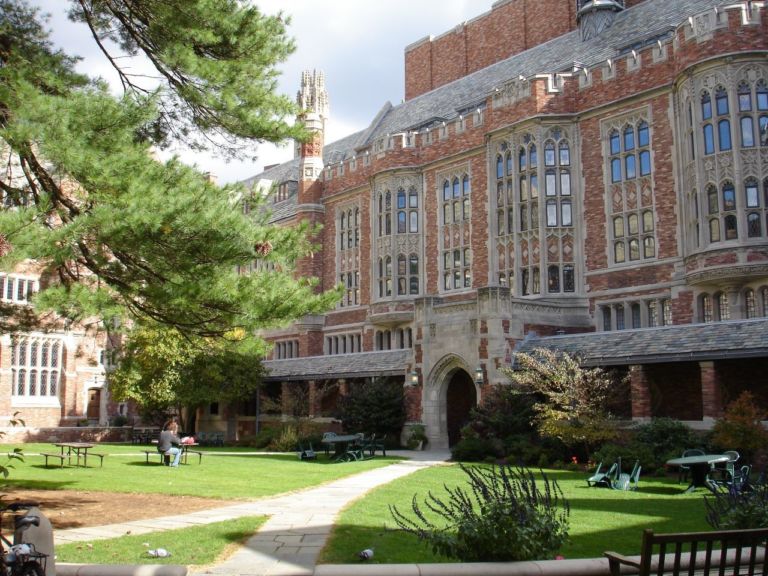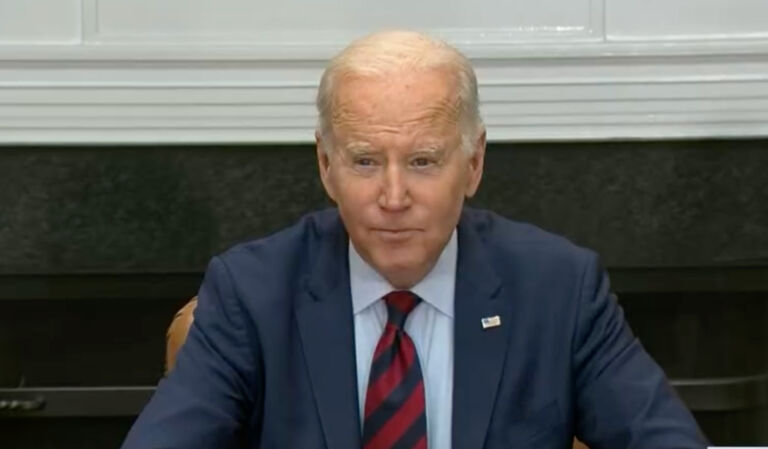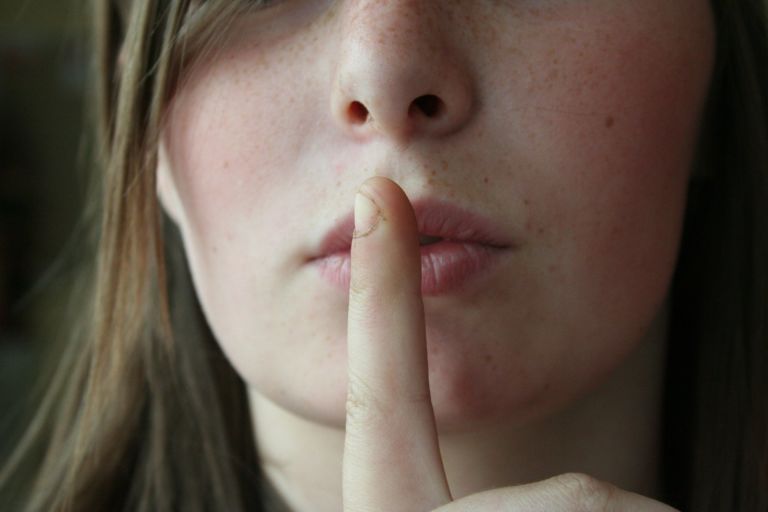Sahar Tartak writes for National Review Online about an important development at a prominent Ivy League school.
Last week, the Buckley Institute, the only organization dedicated to promoting intellectual diversity and free speech at Yale, sent a petition to Yale University president Peter Salovey and members of the Yale Corporation as part of Fight for Yale’s Future, a Buckley Institute project.
With over 1,500 signatures of students, alumni, and faculty, the petition demands that administrators make reforms to improve the state of free speech on campus.
The petition, launched last year, presents a history of free speech at Yale dating back to 1975, when Yale adopted the Woodward Report as its policy and led the country in free speech. Recently, this position has deteriorated, with Yale receiving a “yellow light” rating from the Foundation for Individual Rights in Education because of policies which, “by virtue of vague wording, can too easily be used to restrict protected expression.”
Last year, the university also stated in a court filing that the Woodward Report was “not a set of contractual promises.” Yale placed close to the bottom of a list of colleges in free-speech rankings in 2021, and most students reported self-censoring.
Because of these concerns and more (the disruption of a panel on free speech in March 2022, 14 federal judges’ joining a boycott of clerks from Yale Law School, and so on), the petition called on Yale to implement and strengthen free-expression policies by, for instance, making students’ speech rights known to them at freshman orientation, affirming the Woodward Report as binding, endorsing the Chicago principles, collecting data on the speech climate, earning a “green light” rating from FIRE, and adding a safe-harbor clause to speech policy such as: “The university will summarily dismiss any allegation that an individual or group has violated a university policy if the allegation is based solely on the individual’s or group’s protected expression.”


